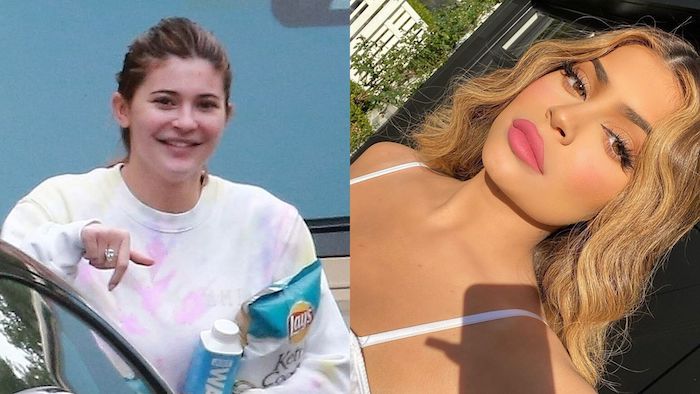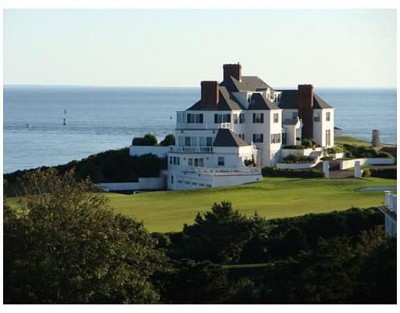It has been going strong for nearly 65 years, making it the longest-running international TV competition ever. Every year, it attracts an estimated 200 million viewers from all around the globe and Europe alone. In addition, it has spawned several new songs, costumes, and even drinking games, all while spreading a message of love and acceptance worldwide. The competition has been airing for almost 65 years, making it the longest-running international TV competition in the world. Every year, it attracts an estimated 200 million viewers from all around the globe and Europe alone.
Its message of love and inclusion has gone viral and spawned many parodies, homages, and even a few drinking games. Besides, the casino industry is as widely popular as the song contest. Therefore, everyone who wants to play with free spins can try to do it on online casinos at https://www.slotozilla.com/uk/free-spins/50-free-spins-no-deposit.
A Link Between the Rest of the World and Europe
The purpose of the Eurovision Song Contest is to bring people together through song. While participating in this global TV event, nations set aside their differences. To grasp the significance of such unity in today’s society is to understand the value of community. Consider how our work together in the European Union has benefited each member country.
Human rights and freedom are echoed in this year’s Eurovision Song Contest. The Union’s efforts to maintain peace and order among its member nations are not underestimated. The peace and prosperity of any nation depend on the stability of the nations around it. Thus, this is an issue that affects us all.
The National Song Competition of the Netherlands
The competition is a fantastic chance for the host nation to gain worldwide recognition. It is the turn of the Netherlands to host this year. This year, the Netherlands is introducing a virtual Eurovision Village with virtual Rotterdam and national and international singers’ performances to the competition for the first time in its history.
It’s all because of the Netherlands, which digitally unites everyone and delivers the music to you. The Song Contest represents the cooperative efforts of many nations. The Dutch Ministry of Foreign Affairs works hard every day to promote this unity because Europe and the rest of the world will only be able to meet the problems of the future if they work together.
This Event Is a Celebration of Individuality and Community
The iconic music contest Eurovision is a celebration of variety, which is one of the main reasons for the devotion. Regarding ethnicity, sexual orientation, age, gender, and culture, Eurovision has aimed to break down barriers and accept everyone. The first winner was Israeli transgender singer Dana International in 1998; the most recent is Austrian drag queen Conchita Wurst (2014).
The European Broadcasting Union (EBU) also prevented Eurovision coverage in China. This is because, in both 2013 and 2018, performances involving same-sex interpretative dancers were edited by broadcasters (in Finland’s case, a kiss between two men was removed). In Ireland’s case, the whole performance was omitted. If you can’t appreciate diversity, you don’t get to celebrate with Eurovision, as the 2017 slogan put it.
It Is Not Limited to Europeans Alone
The Eurovision Song Contest may have originated in Europe, but its impact has spread beyond the continent. Millions of viewers may be found in nations outside of Europe thanks to the show’s extensive broadcasting. Israel, Armenia, Cyprus, and Morocco are just some non-European nations participating regularly.
Australia was asked to submit an entry as part of the festivities marking Eurovision’s 60th anniversary in 2015. The Australians did so well at Eurovision that they’ve returned annually. So it doesn’t matter whether you’re precisely from Europe, as long as you play by the Eurovision regulations.
Unbelievable Production Values and Gorgeous Clothing Are Highlighted
Indeed, the tunes are superb. However, have you checked out the props in the theatre? It’s incredible how far the organisers of the Eurovision Song Contest will go to put up a lovely spectacle. Everything from floating vocalists to blazing pyrotechnics is included in the production’s high-tech staging and precise choreography. When you think about how many people were performing in the competition and how many guest artists, segments, and hosts were involved in the massive live show, it’s quite an accomplishment.
The dress during Eurovision reflects the festival’s bold personality, which features the most exciting mashup of cultures, arts, humour, and languages. The contestants have a soft spot for Eurovision’s showy, extravagant spirit. They constantly appear onstage dressed in dazzling, glamorous outfits. Eurovision is a visual feast, with contestants wearing anything from elaborate dresses to mythologically inspired outfits to spectacular hair and makeup.
Why Many individuals Love Eurovision Song Contest
The annual Eurovision Song Contest has been polarising since its inception in 1956. So we polled five die-hard Eurovision fans to find out what keeps them glued to the show every year and why they believe the world needs to see this year’s final.
- A varied selection of musical styles. As someone who enjoys listening to music from all walks of life and all corners of the globe, I find the concept of many different unions and nations joining together for one giant celebration of music exciting. While the Eurovision Song Contest is often associated with upbeat pop songs and melancholy ballads, this year will include various musical styles. One of the reasons so many people like Eurovision’s music is that it serves as a showcase for up-and-coming acts that may otherwise go unnoticed.
- This event is a celebration of the differences that make society stronger. Many people like Eurovision because it showcases various cultures and musical styles. This competition has always been groundbreaking in its acceptance of and promotion of artists of all backgrounds, orientations, and identities. The show’s inclusive atmosphere has long been a haven for members of the LGBTQ+ community. What excites me most is the sheer diversity of expression when so many individuals from different backgrounds and cultures come together to share what they can accomplish. Gambling casinos are also known for their diversity and inclusion.
- There will be music and dancing tonight. When it comes to putting on a spectacle, nobody does it better than Eurovision. High-tech staging, flawless choreography, and blazing pyrotechnics are just a few of the hallmarks of this annual event, which is televised live to an international audience. Millions of people from all across Europe and the rest of the globe tune in to the program every week to enjoy the lively party atmosphere. It’s unlike anything else because it’s so much fun, different from anything else, and quintessentially European. It’s a lot of fun, and the tension of seeing the outcome for yourself is unparalleled. You sit there, stunned, as the results roll in, and realise this is it. To put it simply, this is the point.
Conclusion
For as long as I can remember, Eurovision has constantly reminded us that we’re not alone. For one night only, those who tune in to Eurovision have a shared interest—whether it’s the music, the politics, or the horrific badness of the performances. Whenever Eurovision is on television, the world seems somewhat better. Add in all the hypnotically bizarre musical moments, and you have the makings of a beautiful Saturday night. In particular, at present. Because it’s essential to keep in mind that we’re all connected as the globe begins to recover from a global epidemic, it’s important to remember that we’re all in this together. Most importantly, we are not alone. This call for solidarity seems more crucial than ever.





